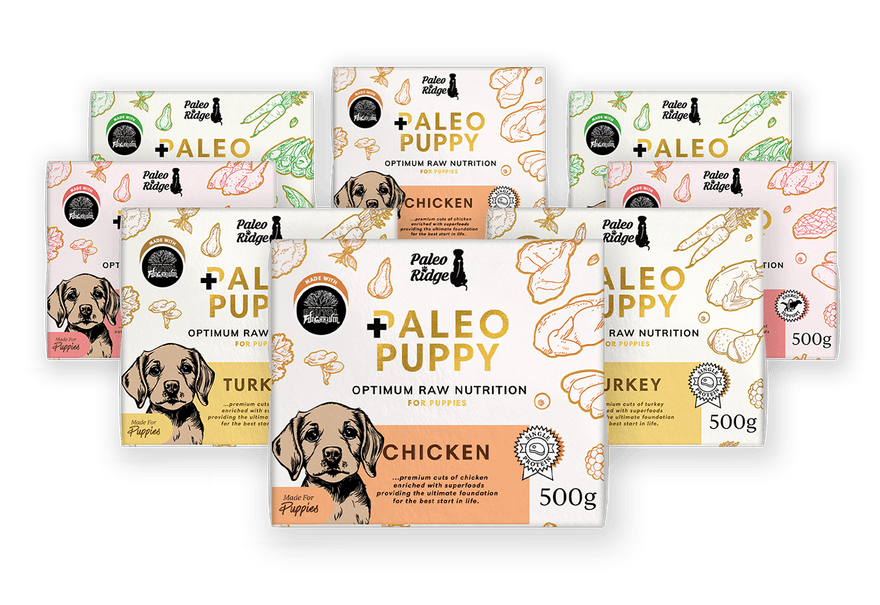Actual allergies, especially to protein are extremely rare. Only 1-3% of both humans and dogs, experience true allergies. The most common type of allergic reaction to food is known as an IgE-mediated food allergy. An allergic reaction is caused by over-reactivity or hypersensitivity of the immune system, to an allergen. Dog's with true allergies have a compromised immune system. Their body reacts to the allergenic substance by mounting an immune system attack with part of the immune system known as allergen-specific immunoglobulin E (IgE) antibodies. In short, it can no longer differentiate between harmful invaders like infection and viruses, and harmless ones like grass or food.
By removing these from the diet, symptoms such as:
- itchiness and scratching
- sore or flaky skin
- persistent loose stools
- yeasty infections
- sensitive tummies
can be reduced, and in most cases disappear for good.
If your dog has a real allergy to a food, the immune system will be triggered. Potent chemicals, like histamine from mast cells are released. These cause local inflammation like redness, swelling, and itching. This type of adverse reaction usually starts rapidly after ingesting the allergen and often provokes a severe anaphylactic response. Seek veterinary advice for severe reactions.
To prevent true allergies, the allergen needs to be identified and removed from the diet. The risks associated with a severe anaphylactic response should not be underestimated. A child or adult with a severe nut or shell fish allergy, can only avoid a severe and often life threatening allergic response, by making sure they do not eat those allergens! Identifying and avoiding the allergen, is the only way to prevent an allergic response.



